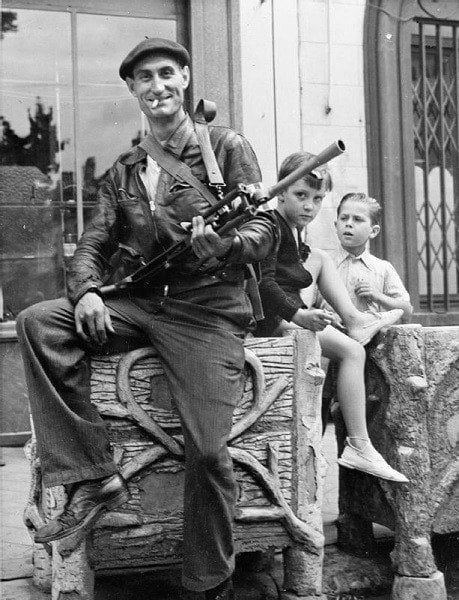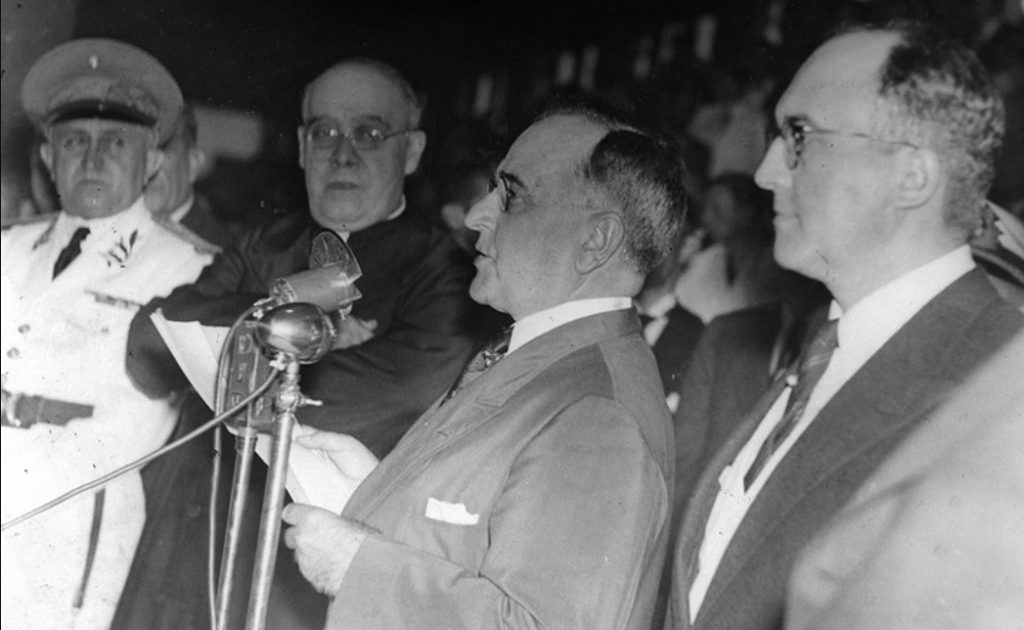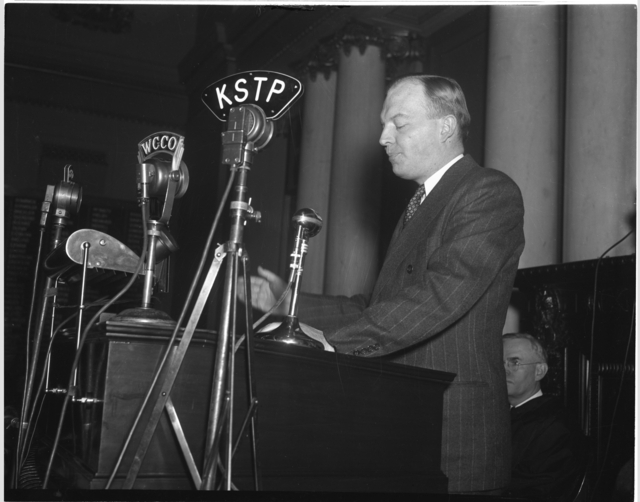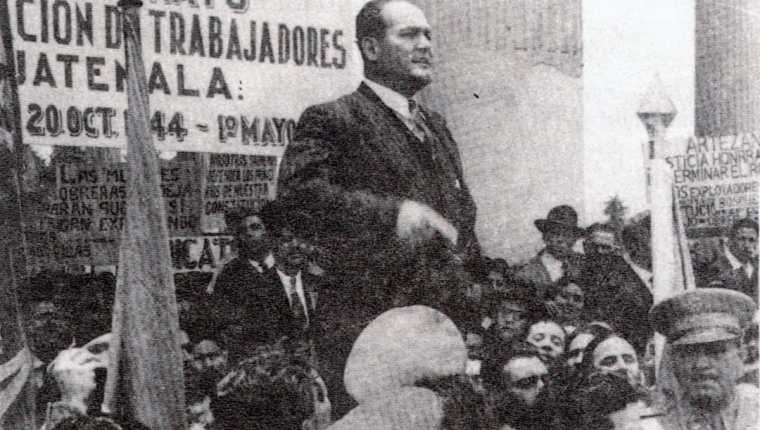Convention time, 1
Convention time, 1944
Despite the DNC's best efforts and slander, FDR insisted. Wallace was not only a trusted politician, but a personal friend of Roosevelt and his family, and he would not fire a friend of his from the ticket. As FDR's health waned Wallace would stay by his side. The southerners, the conservatives and the anti-communists protested, but by the convention they could not unite behind a single candidate, and FDR's intransigent support allowed Wallace to pull through by his moxie. For 1944 at least, Wallace would stay on the ticket.

As expected, Roosevelt's fourth candidacy was practically uncontested, with only Harry Byrd and James Farley receiving votes on the convention, none gaining 100 of the 1176 delegates, Roosevelt was on the peak of his popularity, and going against him by 1944 was political suicide. The New Deal coalition was once again in action, organized labour, minorities, southerners, the poor, the immigrants, all assembled to campaign for FDR.
For the Grand Old Party however, the convention was anything but uncontested. As much as deemed irrelevant for the nomination process itself, being more of a way for campaigns to gain traction, the primaries began, and Thomas Dewey, governor of New York took an early lead with New Hampshire, where he got most of the 11 delegates.

This wouldn't last however. Robert LaFollette Jr. won Wisconsin and in Illinois Dewey only won over Robert Taft by the skin of his teeth. In Nebraska, no winners were declared as a tie between Dewey, Taft, Warren and MacArthur dragged the state along. Pennsylvania was won by Dewey, but once again it was followed by a set of defeats. Massachussets went for Leverett Saltonstall by a large margin, Maryland and Ohio to Robert Taft, West Virginia and South Dakota tied, the former between John W. Bricker and Robert Taft and the latter between Senators
LaFollette and Taft and Dewey. Only in New Jersey would the Governor see a clear victory again, as Oregon and California both went to Governor Earl Warren.

As the primaries went along it became clear that despite Dewey's clear lead, he had no majority. Taft and Warren flanked Dewey from the Right and Left respectively, and came in as second and third, with several other candidates lagging behind. Someone had to budge, and thus negotiations began.
https://x.com/Tomiasd6/status/1734426236359676384?s=20
Despite the DNC's best efforts and slander, FDR insisted. Wallace was not only a trusted politician, but a personal friend of Roosevelt and his family, and he would not fire a friend of his from the ticket. As FDR's health waned Wallace would stay by his side. The southerners, the conservatives and the anti-communists protested, but by the convention they could not unite behind a single candidate, and FDR's intransigent support allowed Wallace to pull through by his moxie. For 1944 at least, Wallace would stay on the ticket.
As expected, Roosevelt's fourth candidacy was practically uncontested, with only Harry Byrd and James Farley receiving votes on the convention, none gaining 100 of the 1176 delegates, Roosevelt was on the peak of his popularity, and going against him by 1944 was political suicide. The New Deal coalition was once again in action, organized labour, minorities, southerners, the poor, the immigrants, all assembled to campaign for FDR.
For the Grand Old Party however, the convention was anything but uncontested. As much as deemed irrelevant for the nomination process itself, being more of a way for campaigns to gain traction, the primaries began, and Thomas Dewey, governor of New York took an early lead with New Hampshire, where he got most of the 11 delegates.
This wouldn't last however. Robert LaFollette Jr. won Wisconsin and in Illinois Dewey only won over Robert Taft by the skin of his teeth. In Nebraska, no winners were declared as a tie between Dewey, Taft, Warren and MacArthur dragged the state along. Pennsylvania was won by Dewey, but once again it was followed by a set of defeats. Massachussets went for Leverett Saltonstall by a large margin, Maryland and Ohio to Robert Taft, West Virginia and South Dakota tied, the former between John W. Bricker and Robert Taft and the latter between Senators
LaFollette and Taft and Dewey. Only in New Jersey would the Governor see a clear victory again, as Oregon and California both went to Governor Earl Warren.

As the primaries went along it became clear that despite Dewey's clear lead, he had no majority. Taft and Warren flanked Dewey from the Right and Left respectively, and came in as second and third, with several other candidates lagging behind. Someone had to budge, and thus negotiations began.
https://x.com/Tomiasd6/status/1734426236359676384?s=20
Last edited:













